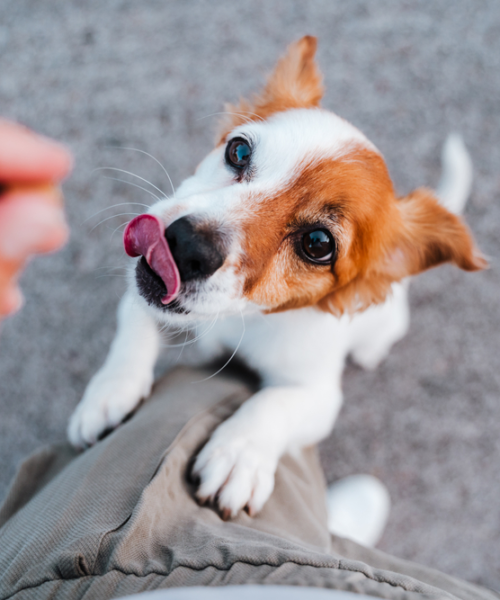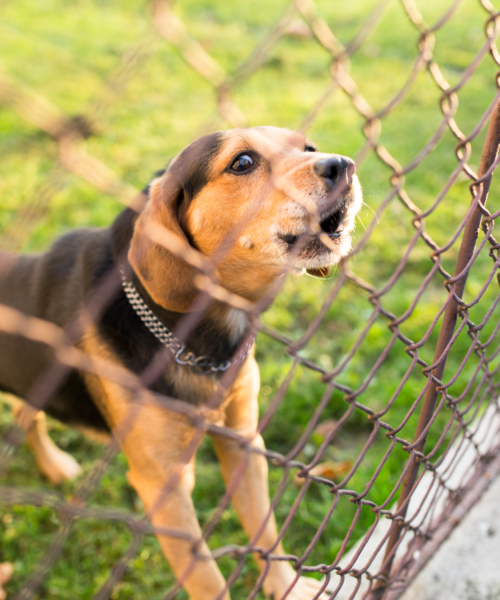Ellen Britt for CNT #wooftips
We’ve written before about the Sago palm, used both indoors and outdoors as an ornamental plant, and how it’s deadly poisonous to dogs. Let’s look now at five common houseplants that are quite toxic to dogs as well:
One – Snake Plant (Sansevieria)
The snake plant is extremely popular as a houseplant, not only because of its striking good looks, but because it’s so easy to grow. But unfortunately, all parts of the snake plant are poisonous to dogs and can cause nausea, vomiting and diarrhea.
Two – Alocasia (also known as elephant’s ear)
This dark green plant is a household favorite, except when it comes to dogs. Like dumb cane, alocasia also contains calcium oxalate crystals, which can cause many of the same symptoms.
Three – Peace lily (Spathiphyllum spp.)
Peace lilies are not true lillies at all but are members of the Araceae family. Once again, needlelike calcium oxalate crystals are the bad actors in this plant’s leaves, stems and flowers, similar to those found in dumb cane and alsocasia. Symptoms are similar as well.
Four – Dumb cane (Diffenbachia)
These pretty tropical indoor plants are very popular but you should not let your dog get anywhere near them. The leaves and stems of this plant contain needle sharp crystals made of calcium oxalate. If your dog chews or swallows the plant these crystals cause trouble.
Symptoms include swelling of the mouth and throat, mouth and throat pain, coughing and gagging, extreme salivation and pawing at the eyes and mouth. Even if not chewed or swallowed, just coming into contact with the plant can affect your dog, especially the skin and eyes.
Five – Ivy – (Hedera helix)
Ivy with it’s trailing green presence makes a pretty picture on a mantlepiece or side table. But the picture’s not so pretty if your dog decides to munch on this plant, as ivy can cause something relatively minor, such as a rash, or more serious symptoms. Dogs who ingest ivy have been known to suffer paralysis or even go into a coma.
If you believe your dog has ingested parts of any of these plants, call your veterinarian for advice immediately. If your vet’s office is closed you may want to call the ASPCA Animal Poison Control Center (APCC), which is available 24 hours a day, 365 days a year, at (888) 426-4435. A consultation fee may apply.
By Ellen Britt
Dr. Ellen Britt has loved dogs since she was a child. She is particularly fond of the Northern breeds, especially Alaskan Malamutes. Ellen worked as a PA in Emergency and Occupational Medicine for two decades and holds a doctorate (Ed.D.) in biology.


































